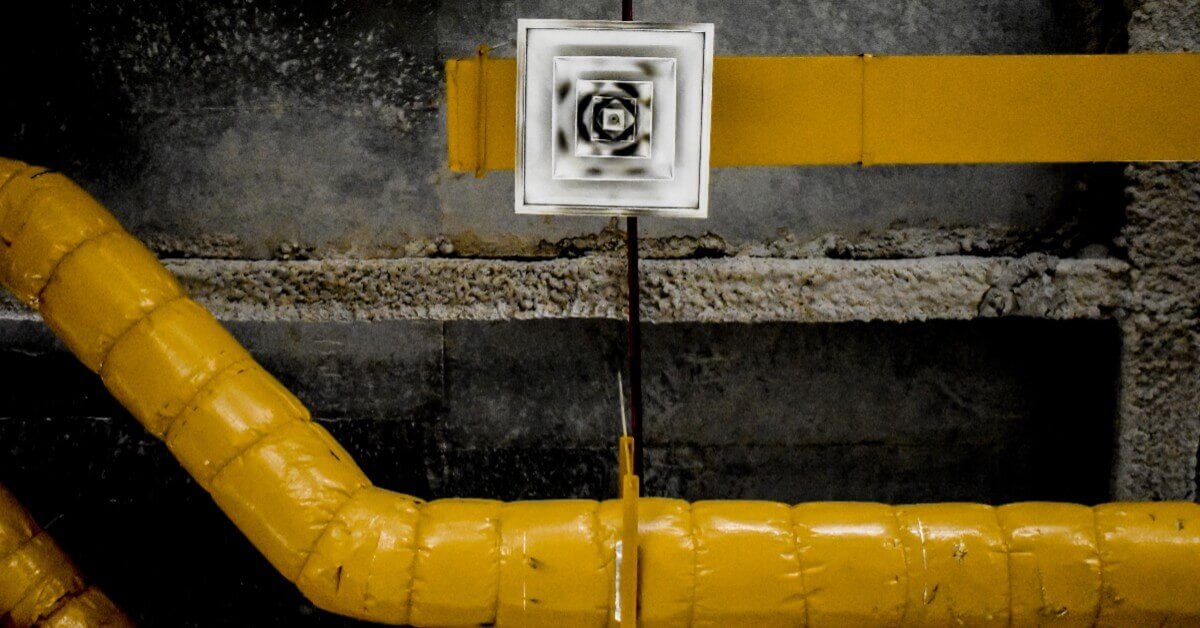The Importance of EPA Certification

If you’re hoping to get into the lucrative and always busy business of being an HVAC technician, you’ll have to invest in some education and meet a few of the EPA’s standards before you’re allowed to go tinkering with a variety of chemicals and hazardous electrical systems. In fact, you’ll need to acquire an EPA certification of a specific type before you’re allowed near the very hazardous refrigerants that HVAC technicians have to be familiar with and comfortable using to repair, install, and choose the right air conditioning appliance for their client. This education and training is crucial because improper use and identification of these chemicals could cause more than deleting a bit more of the ozone layer. Treating these chemicals incorrectly could lead to personal injury and death. Refrigerants are capable of destroying HVAC equipment and damaging other things that dare to get in its path. More than harming the environment, refrigerants can harm anything they come in contact with, including you.
It’s The Perfect Start To A Successful Business
Getting the EPA certification you need as an aspiring HVAC technician starts with Section 608. You’ll be able to acquire it by taking the EPA Section 608 technician certification exam. This training should be one of the highest priorities on your list, and studying for the certification should perhaps be your first order of business before you embark on any other part of creating your business. Without successfully passing the certification, you legally won’t be able to perform your services and you’ll have sunk money into a business proposition you won’t be able to retrieve profit from yet. Start by building a solid knowledge base of refrigerants and the different applications you’ll use them in, as well as the laws restricting their usage. This knowledge will leave you better prepared to study for and successfully pass the test for your EPA certification, but it’ll also make you more skilled and knowledgeable in your future career path.
After all, in-depth knowledge about how cooling appliances work is one of the more important distinctions between highly paid experts in the HVAC field and mere technicians. Gaining this knowledge now gives you an excellent basis to build on in the future.
The Four Types of EPA Certification
Regardless of where you think your future business will be coming from, whether you think it’ll stem from commercial or residential customers, you’ll need a couple of core certifications. Then you can expand your training depending on the type of service that is in-demand in your area. Certification Type I deals specifically with serving small appliances, while Type II details both servicing and disposing of high- and very-high-pressure appliances beyond MVACs (motor vehicle air conditioning). Type III certification controls servicing and disposing of low-pressure appliances. Finally, the Universal certification covers all three of the above types. However, for all of the certifications, you’ll need to pass the core test and then answer additional questions in regard to the specialty type of certification you’ve chosen.
The Core Exam Details
The core exam is included in every certification type and must be passed to receive an EPA certification of any type. The core exam mainly covers general refrigerant information. Essentially, if you’re going to be dealing with any refrigerant, regardless of the type of appliance you’re working on, you’ll need to know this information, including a variety of safety information that you’ll need to be familiar with as well as the various reasons that refrigerant is such a highly-regulated substance.
The test covers a variety of things centered on refrigerants and its regulation, like ozone depletion, the Clean Air Act, the Montreal Protocol, and more. In fact, you’ll need to have knowledge beyond and including the Section 608 regulations as well as knowledge regarding substitute refrigerants and oils and how refrigeration works. The general knowledge test also includes safety information. You’ll need to know details of “the three R’s,”: recover, recycle and reclaim. And you’ll need to be familiar with various recovery techniques for the refrigerant, the protocols surrounding a dehydration evacuation, and shipping regulations regarding all types of refrigerant products.
Each portion of the test consists of 25 questions, including the mandatory core questions. You’ll need to be able to answer at least 18 of the core exam questions correctly to receive any EPA certification. Type I requires you to answer 21 questions right, because this one is an open-book, which provides a bit more ease to answering the questions in the allotted time.
Details of The Certifications
Each test cover specific things, obviously, but the topics are straightforward. For Type I, the key subjects you need to study for small appliances are recovery requirements, recovery techniques and safety regarding the refrigerant as well as the appliance. Type II is centered around leak detection and repair requirements, as well as recovery techniques and requirements. You’ll also find the subjects of refrigeration and safety for high- and very-high-pressure appliances only.
Type III covers in low-pressure appliances, and focuses on similar topics like leak detection and repair requirements, recovery techniques and requirements, refrigeration, and safety regarding the appliance and the chemicals involved. Unlike the Type I, II, and III tests, the universal test requires you to answer 100 questions broken into obvious parts: 25 questions for the core exam, 25 questions for Type I, 25 questions for Type II, and 25 questions for Type III. It’s one of the most useful certifications available, but if you’re just beginning the test might seem a bit intense Complete what you’re comfortable with first because you can always continue from there.
Acquire Your EPA Certification From An Approved Organization
Mainstream Engineering Corporation is one of the few elite EPA certification testing institutions that you can trust. We provide course work and testing for all the potential certifications you need. Explore our product offerings today and get started on forging your own path to becoming local HVAC technician and expert.

